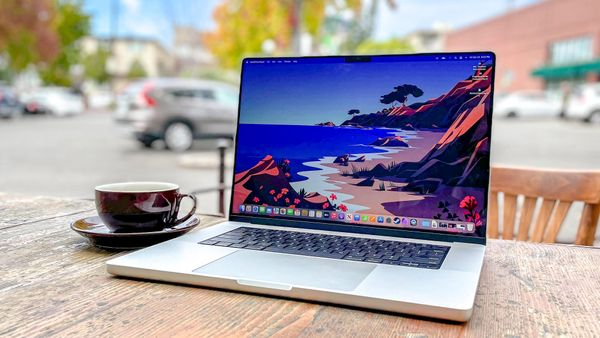Why the Galaxy S20 is just the spark that 5G needs
The Galaxy S20 lineup should feature multiple 5G-ready models, which would be a boon for 5G adoption
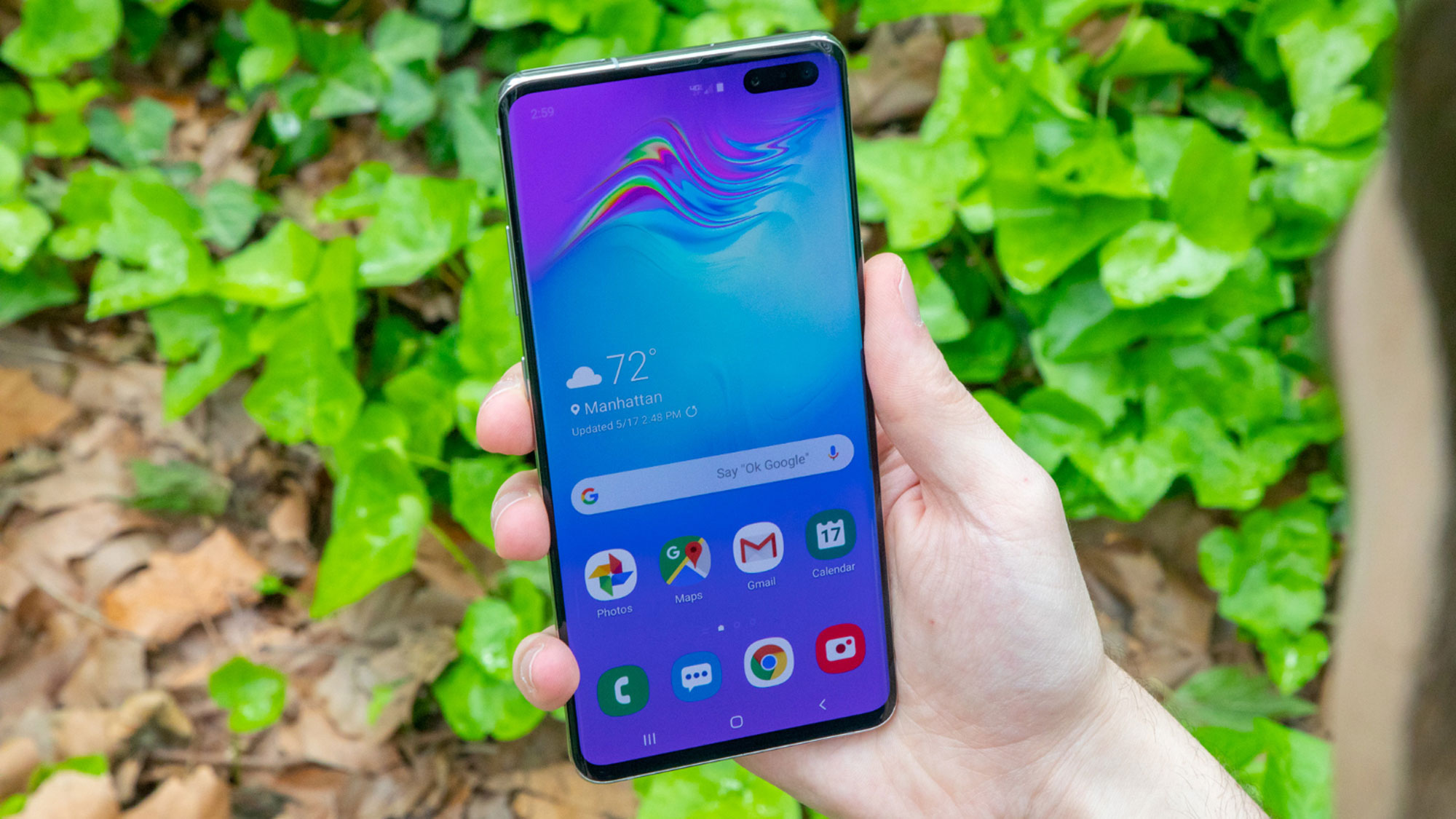
Here at Tom’s Guide our expert editors are committed to bringing you the best news, reviews and guides to help you stay informed and ahead of the curve!
You are now subscribed
Your newsletter sign-up was successful
Want to add more newsletters?

Daily (Mon-Sun)
Tom's Guide Daily
Sign up to get the latest updates on all of your favorite content! From cutting-edge tech news and the hottest streaming buzz to unbeatable deals on the best products and in-depth reviews, we’ve got you covered.

Weekly on Thursday
Tom's AI Guide
Be AI savvy with your weekly newsletter summing up all the biggest AI news you need to know. Plus, analysis from our AI editor and tips on how to use the latest AI tools!

Weekly on Friday
Tom's iGuide
Unlock the vast world of Apple news straight to your inbox. With coverage on everything from exciting product launches to essential software updates, this is your go-to source for the latest updates on all the best Apple content.

Weekly on Monday
Tom's Streaming Guide
Our weekly newsletter is expertly crafted to immerse you in the world of streaming. Stay updated on the latest releases and our top recommendations across your favorite streaming platforms.
Join the club
Get full access to premium articles, exclusive features and a growing list of member rewards.
Editor's Note: The new Galaxy phones are here! Check out our hands-on reviews of the Galaxy S20, Galaxy S20 Plus and Galaxy S20 Ultra.
When the Galaxy S20 makes its debut this coming week, Samsung executives will rattle off a laundry list of features, from its improved cameras to bigger batteries and more memory. But one feature figures to get a lot of time in the spotlight at the Tuesday (Feb. 11) launch event — 5G.
Nothing's for certain until Samsung officially unveils the new phones, of course. But rumors point to the Galaxy S20 featuring 5G connectivity. And not just on one model, either — every model in the S20 lineup will reportedly have a 5G version capable of connecting to the faster networks that wireless carriers are building out around the globe.
It's a big step for 5G, which felt a little overhyped during its 2019 launch, which saw only a handful of 5G-ready phones hit the market. That changes with the Galaxy S20, which is likely to add three new 5G phones to the mix in the Galaxy S20, Galaxy S20 Plus and Galaxy S20 Ultra. Could this be the shot in the arm that the transition to 5G has been waiting for?
"In geographies like the U.S. and South Korea where Samsung is strong, the company's next flagship will definitely help spur consumer adoption of 5G phones, because Samsung's S series phones are among the most popular phones sold," said Avi Greengart, lead analyst for Techsponential. "Even so, there are likely to be mitigating factors – does your carrier of choice have a 5G network built out yet? How expensive are these new phones?"
Here's what we're expecting from the Galaxy S20 regarding 5G compatibility, and what it will mean for 5G adoption.
Galaxy S20 and 5G: What we know so far
It's all speculation at this point, but the rumors surrounding the Galaxy S20 and 5G compatibility have been consistent enough that we would be genuinely surprised if Samsung went in another direction when the new flagship phones debut.
Get instant access to breaking news, the hottest reviews, great deals and helpful tips.
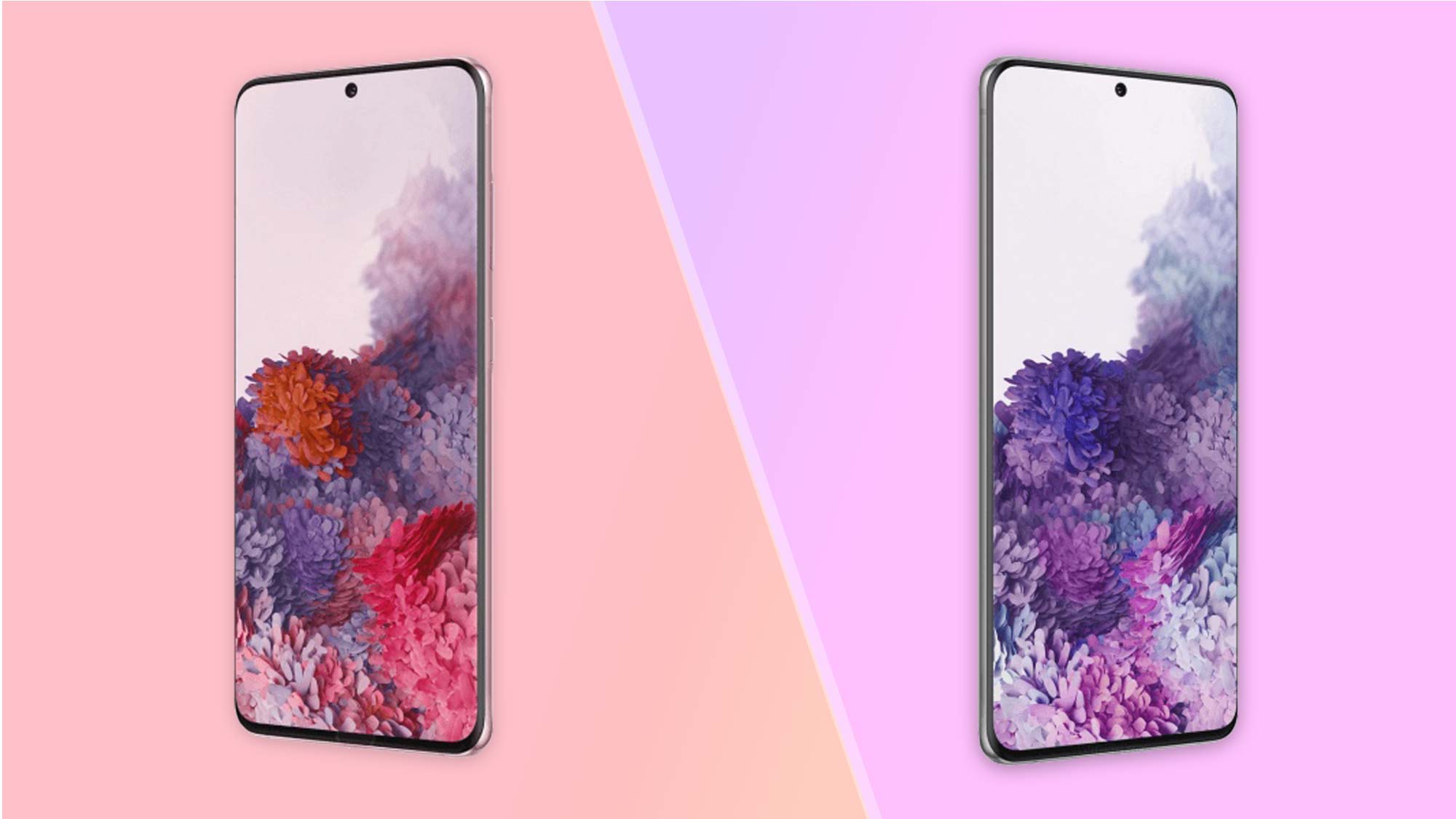
Samsung is reportedly planning three different models that will make up the Galaxy S20 lineup. Joining the standard Galaxy S20 will be the Galaxy S20 Plus and the Galaxy S20 Ultra. The S20 and S20 Plus will allegedly come in two different versions — one for LTE, the other with a 5G modem. The Galaxy S20 Ultra will be available only as a 5G phone (though like other 5G phones, it can still connect to LTE networks without a problem).
There's some meat to these rumors about the S20's 5G capabilities. After all, Samsung's new phone is likely to be powered by the Snapdragon 865 system-on-chip that debuted late last year. That chipset works with Qualcomm's X55 5G modem, which is capable of connecting to different types of 5G networks. (More on that below.) Last year's X50 modem, included in the Galaxy S10 5G, only works on 5G networks that use millimeter-wave technology.

Releasing multiple 5G models would be a departure from how phone makers — including Samsung — handled 5G devices last year. When releasing flagship phones in 2019, phone makers tended to roll out a single 5G handset. With the Galaxy S10, for example, Samsung released three LTE-based phones, but only one 5G version. The Galaxy Note 10 also featured a standard and Plus-size model, but just one 5G variant.
What the 5G Galaxy S20 models will cost
With last year's phones, the "5G" could have stood for the number of times you screamed "Guh!" when looking at their prices. Early adopters of 5G phones paid a pretty penny for the privilege.
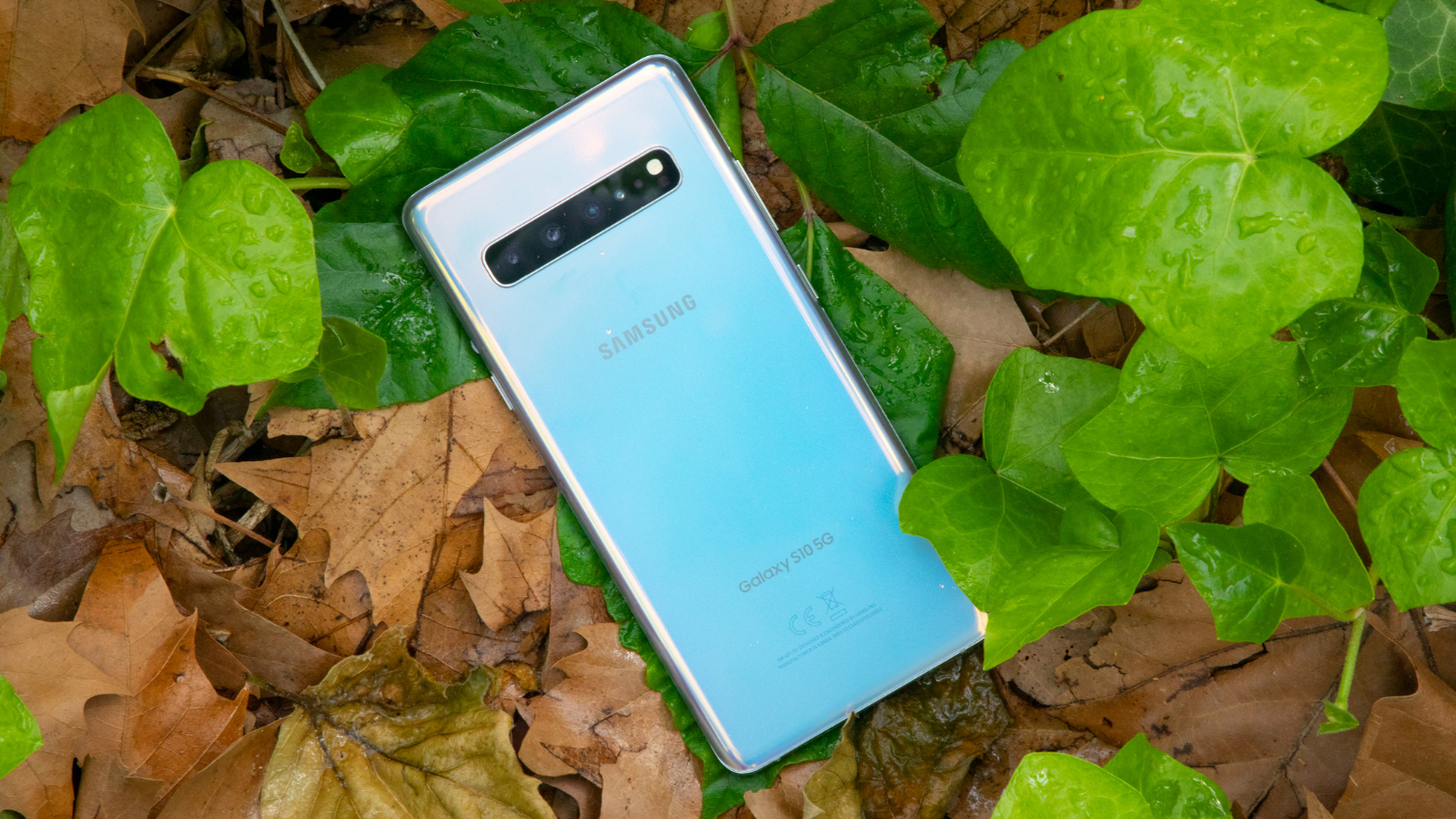
The Galaxy S10 5G debuted at $1,299 — a $400 premium over the standard S10. The Galaxy Note 10 Plus 5G also cost $1,299, which was $200 more than the Note 10 Plus and $350 more than the Note 10.
Pricing for the Galaxy S20 lineup isn't official yet. But leaked prices suggest a much more aggressive starting price. In a tweet that lists the reported prices for the Galaxy S20 models in euros, Max Weinbach of XDA Developers suggests there will be a €100 difference between the 5G and LTE versions. That likely means a $100 difference in the U.S., too, assuming both the 5G and LTE phones are released here.
That said, the Galaxy S20 could be more expensive than last year's S10 lineup, with one report claiming a starting price of $999 for the S20. It's unclear if that's for the 5G version or not.
What networks will the 5G Galaxy S20 work with?
5G coverage is certainly more extensive than it was at this time last year, when commercially available mobile 5G networks had yet to launch. Verizon was the first to flip the switch on 5G for mobile devices, and that happened in only two cities during the first week of April.
What a difference a year has made for 5G. Verizon's 5G network is now in more than 30 cities. T-Mobile and AT&T have both launched nationwide networks of their own based on low-band spectrum. T-Mobile's 5G network is more extensive at this point, covering 5,000 cities while also reaching some rural areas. AT&T just expanded its 5G network to reach more than 30 cities. (AT&T also has a high-speed 5G Plus network, but that's only available to select business customers.) As for Sprint, it has extensive coverage in nine cities, though it appears to be in a holding pattern while its proposed merger with T-Mobile awaits a verdict in a court case.
So 5G is more widespread than it used to be, but more work remains to be done by all the major carriers to build out their coverage, even in the cities where they've launched 5G.
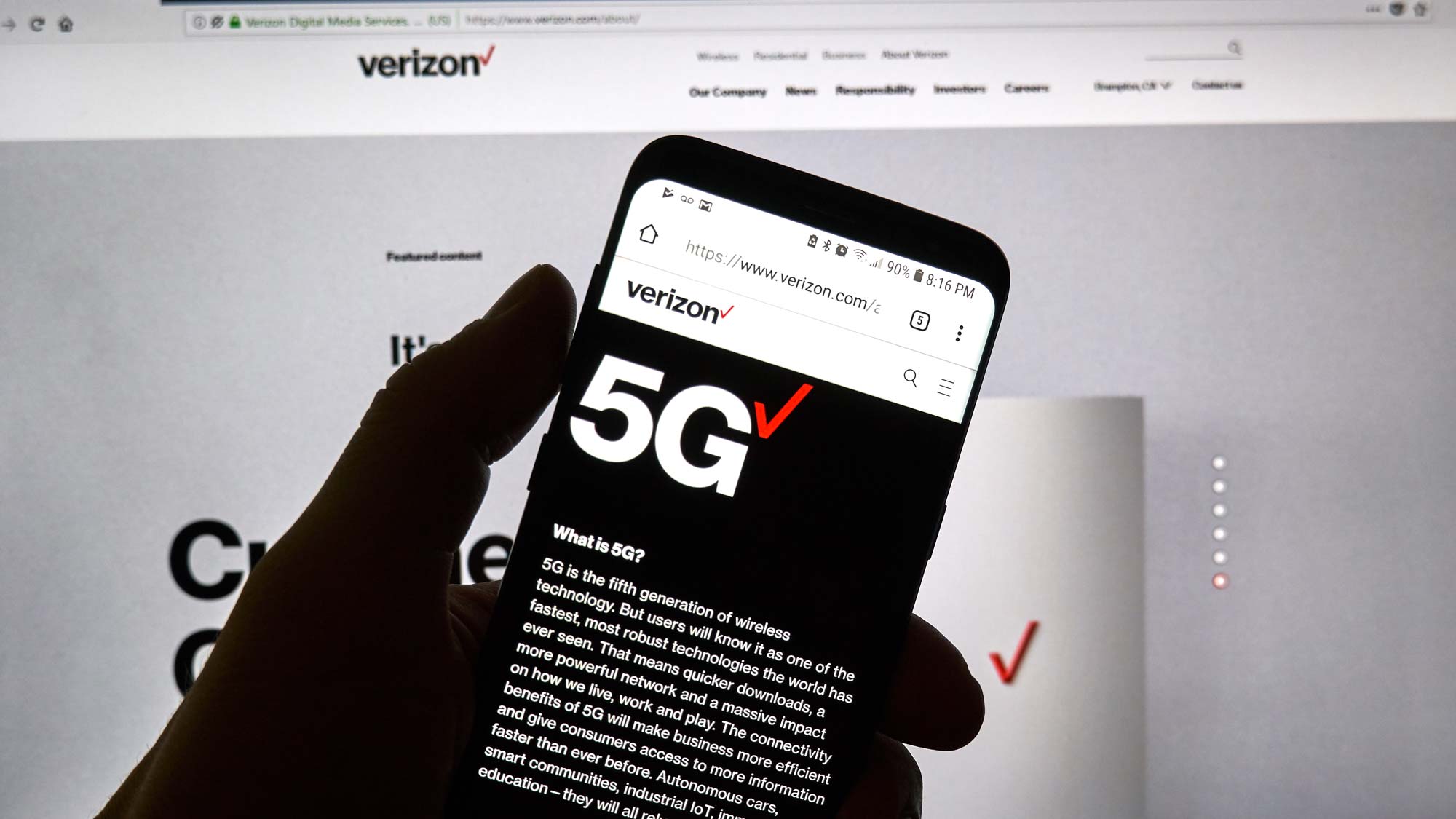
Another thing to keep in mind is that not all 5G networks deliver the same amount of speed and coverage. That's because different carriers have turned to different technologies for their initial forays into 5G.
As mentioned above, Verizon uses millimeter-wave technology for the 5G towers it's erected in 31 cities as well as 17 football stadiums and a handful of arenas. Verizon's 5G network is fast, delivering speeds of 1 Gbps or more in our testing, but it's got limited coverage. You have to be in view of Verizon's 5G towers to enjoy that fast speed, and connectivity is spotty to nonexistent indoors. Eventually, Verizon plans to use dynamic spectrum sharing, which allows 5G and LTE to work on the same spectrum, to build out its 5G coverage.
T-Mobile and AT&T have launched their networks using low-band spectrum, which provides more extensive coverage and reaches indoors. But it's only marginally faster than LTE. Sprint's midband spectrum-based 5G network is in the same boat, though it's a bit faster than low-band 5G.
Because the Galaxy S20 is expected to feature Qualcomm's Snapdragon 865 chipset, it will support all the major flavors of 5G, Greengart said. That's good, because as carriers build out their networks, they'll incorporate different technologies that either boost speed (in the case of T-Mobile and others) or coverage (in the case of Verizon). Still, look for Samsung to make the case that these Galaxy S20 models will be ready to handle evolving 5G networks, now that we live in an era where people hold on to their smartphones for more than two years.
"If Samsung chooses to spend the money on RF and testing to light up the millimeter wave support in these chipsets, then the phones should be fairly future-proof," Greengart said. "That is an important consideration when buying an expensive flagship phone that you expect to use for two-plus years."
The seemingly never-ending saga of the Sprint-T-Mobile merger adds another degree of uncertainty, while regulators are also figuring out how to distribute additional spectrum to carriers. "So buying something now that can be updated to support new network combinations down the road is something worth considering, too," Greengart added.
Will the Galaxy S20 drive 5G adoption?
As the first big-name phone to make its debut in 2020, the Galaxy S20 has a head start on other flagship handsets. And the popularity of the Galaxy S product line means that a lot of people will be picking up a 5G phone should they opt for one of the new S20 models.
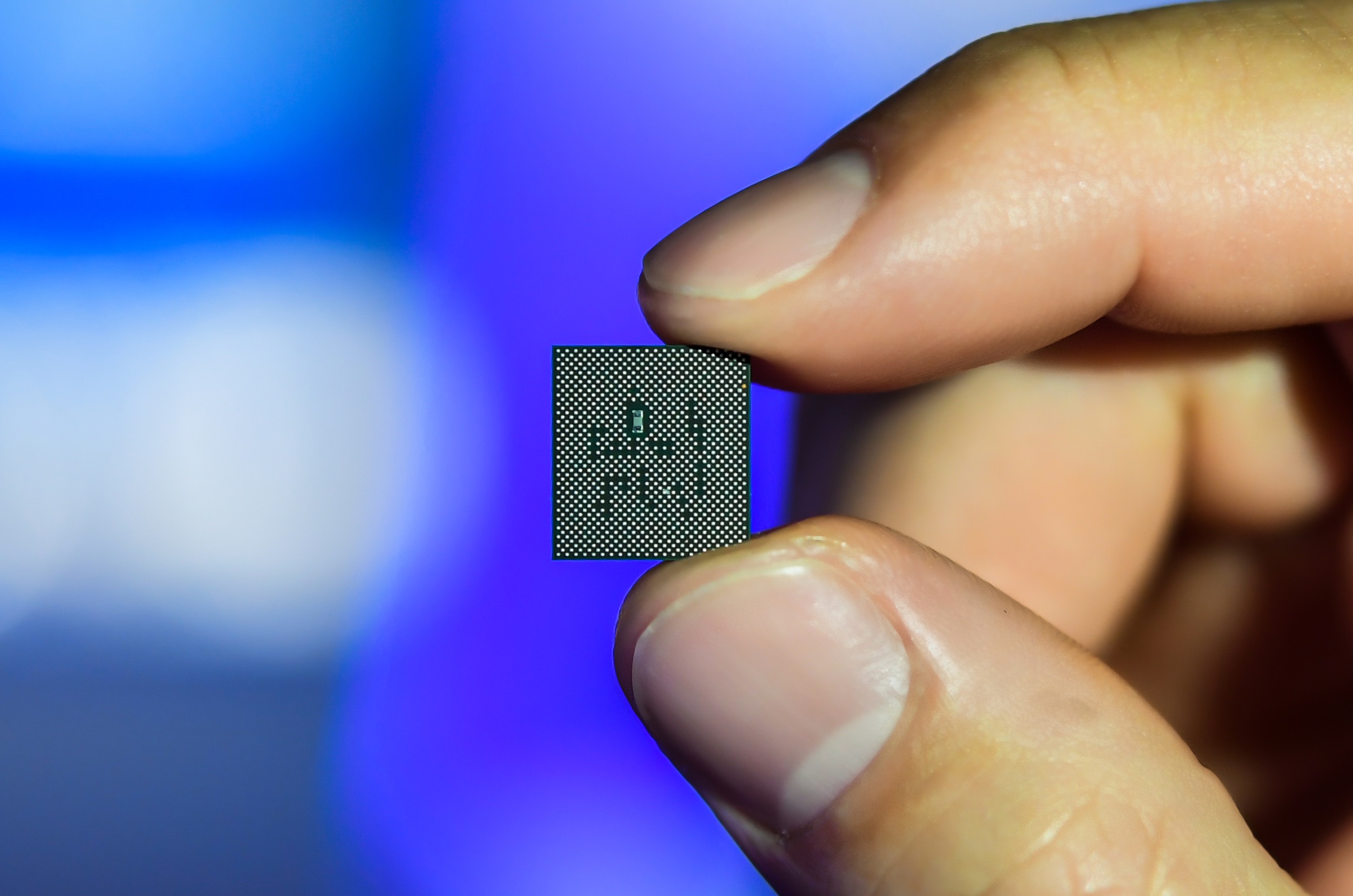
But the S20 won't be the only 5G phone this year. And the 5G phones that do come out later this year won't necessarily have lofty price tags. Greengart points out that TCL and Coolpad both announced 5G models with prices under $500 during CES last month. And the lower-cost Snapdragon 765 chipset with its integrated 5G modem figures to bring high-speed connectivity to devices other than flagship phones.
The bottom line? The Galaxy S20 is going to push a lot of people toward 5G. But there are a lot more phones coming out in 2020 that will give you the chance to embrace the new networking standard.
Philip Michaels is a Managing Editor at Tom's Guide. He's been covering personal technology since 1999 and was in the building when Steve Jobs showed off the iPhone for the first time. He's been evaluating smartphones since that first iPhone debuted in 2007, and he's been following phone carriers and smartphone plans since 2015. He has strong opinions about Apple, the Oakland Athletics, old movies and proper butchery techniques. Follow him at @PhilipMichaels.
 Club Benefits
Club Benefits











